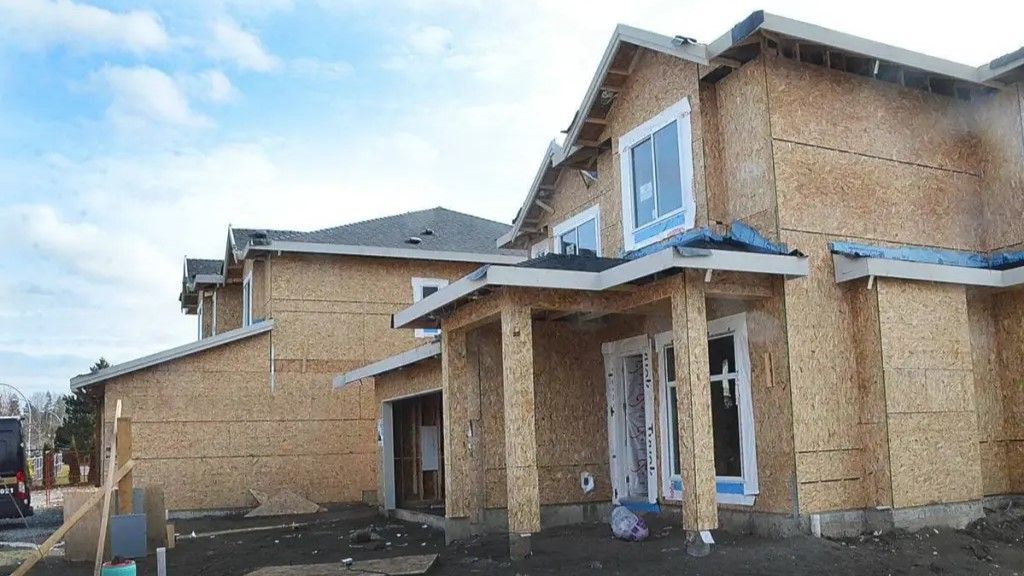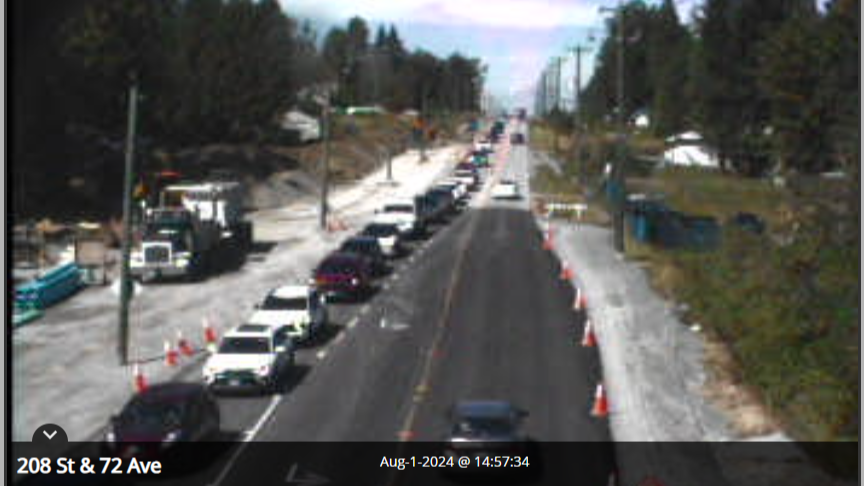What happens when I see a Notary before closing?

Prior to your anointment with a Notary, you will receive a phone call from our office. We usually make a first contact on your file, one month prior to closing. This is when we will discuss the details of your personal information and schedule the appointment.
During your appointment with the Notary you can expect to sign all the final documents that will be registered in Land Title office, transferring the ownership of your property to your name or, to the name of the purchasers if you are the Seller. The documents that Notary office prepares are based on the Contract that you negotiated though your Realtor. If you need a Mortgage to purchase the property, the final financing documents will be signed during this appointment as well. The Notary will communicate with all the parties involved in this transaction, prior to your appointment, and documents that you sign during your appointment reflect all the prep work that was done on your file.
You will be required to bring 2 pieces of ID and provide your social insurance number for sure. Other documents may be required also, but that will vary, and largely depends on the lender that you are using.
The final draft with the balance of your down payment will be due one day prior to closing, so you will have plenty of time after your appointment to go to the bank and make the final draft. If you are selling the property, sale proceeds of your home will be available to you one day after the closing day.
If you have any more questions, please reach out!
Irina Bartnik Notary Public 604-575-7494







